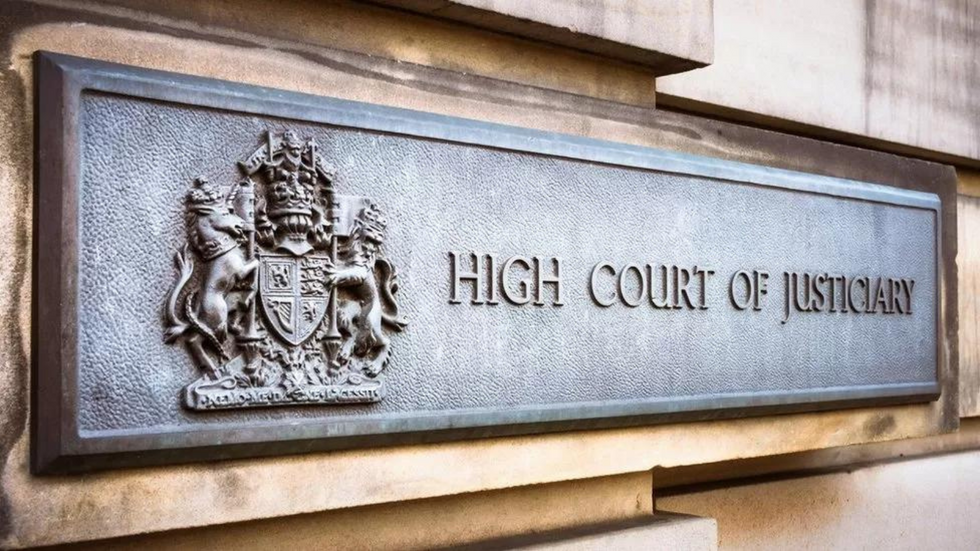Aberdeen Live had violated Ipso's clause on "intrusion into grief or shock" when reporting on a rape trial, the watchdog ruled
Getty
'I worry that if Ipso crosses the line in this area, what’s to stop it interfering in other editorial judgments?' asked Free Speech Union director Toby Young
Don't Miss
Most Read
Trending on GB News
UK press watchdog Ipso has been labelled "disgraceful" while fears have been raised over open justice and free speech after its decision to sanction a Scottish news website for its reporting on a rape trial.
Ipso (the Independent Press Standards Organisation) maintains a "Code of Practice" in which it sets out a 16-point list of rules to newspaper and magazine editors - and regulates thousands of print and online titles in the UK.
Aberdeen Live had violated Ipso's clause on "intrusion into grief or shock" when reporting on a rape trial, the watchdog ruled, after the victim in the case filed a complaint.
Said victim, whose identity is protected by law, had complained that Aberdeen Live's report of a specific "detailed description of her physical reaction to the attack" had contained a "level of detail" which "re-traumatised her".
The outlet had apologised, saying "this was not its intention, but that this was a risk when publishing information about serious crimes".

Aberdeen Live had violated Ipso's clause on "intrusion into grief or shock" when reporting on a rape trial, the watchdog ruled
Getty
But in reaction to the ruling, senior legal experts have warned that it may set a dangerous precedent on the ability of the written media to report on criminal cases.
Though Ipso stated that court reporting was "an essential part of open justice, and is also in the public interest", the watchdog's committee ruled that the report contained an "unnecessary" amount of detail.
Nazir Afzal, a former chief crown prosecutor who sat on Ipso's complaints committee for six years, said there was "a danger that this outcome will stifle the public interest in accurate court reporting".
While Mark Stephens, an expert in British media law and a partner at law firm Howard Kennedy, warned the ruling could lead to a "slippery slope" if the regulator began to interfere in reporting on public court cases - though he noted that "editors need to be very careful".
FREE SPEECH UNDER THREAT? READ MORE:

Ipso regulates thousands of print titles around the UK (file photo)
Getty
A senior lawyer familiar with the complaint told the Telegraph: "What the Ipso ruling has effectively done is introduce reporting restrictions where there previously weren't any. Ipso is warning that reporters may have to keep details in a case out of the public domain because of the risk of upsetting a person - that seems jarring given the law on open justice."
Toby Young, director of the Free Speech Union, said: "Ipso acknowledges that journalists' right to report on court proceedings is an essential part of open justice and in the public interest.
"Why then is it seeking to curtail that right? How much detail to include in a newspaper report about proceedings in open court is an editorial judgment and not a matter for the regulator?
"I worry that if Ipso crosses the line in this area, what’s to stop it interfering in other editorial judgments?"

Free Speech Union director Toby Young raised fears about Ipso interfering in other editorial judgments
Getty
A spokesman for Ipso said: "Ipso strongly supports the principle of open justice. We have issued many decisions protecting the rights of journalists to report on court proceedings.
"Nonetheless, the Editors' Code of Practice has always been clear that editors must exercise judgement in relation to the publication of material heard in open court, for example by limiting details of suicide methods. Similarly, the code requires journalists and editors to handle cases sensitively to avoid intruding into grief and shock.
"This was an unusual case. The complaints committee deliberated on the complaint carefully and concluded that the article contained details which went beyond reporting of the crime which in this particular case were not justified.
"The publication had not demonstrated that it had considered its obligation to handle publication sensitively, and this aspect of the complaint was upheld."








